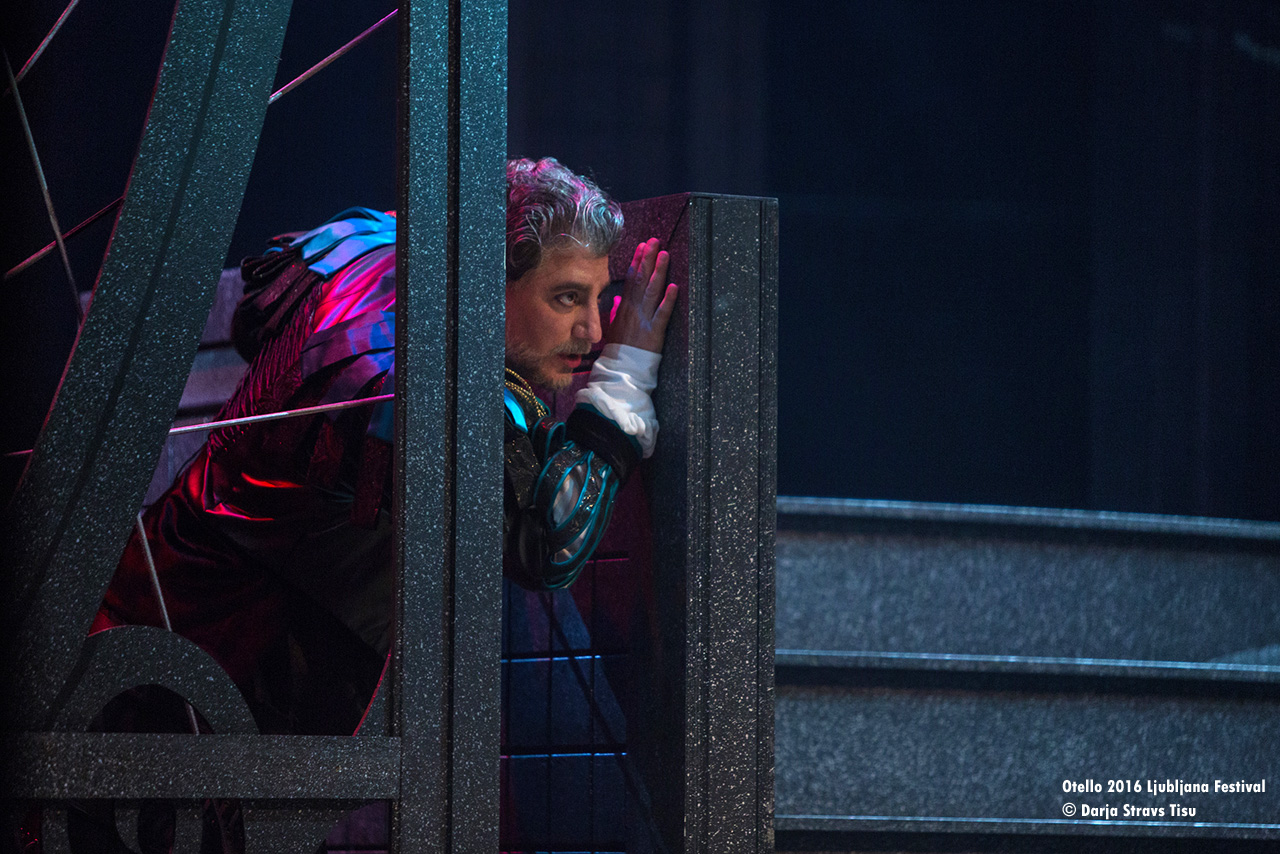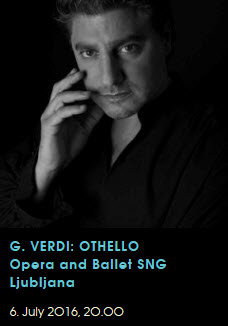Summer Festival
Ljubljana

|
|
 |
||||||||||||
|
|
|||||||||||||
|
Video Snippets Click on the photo to watch
|
|||||||||||||
|
|
|||||||||||||
Bravo Cura
Celebrating José Cura--Singer, Conductor, Director
Operas: Otello in Ljubljana
July 2016
Summer Festival
Ljubljana

|
|
 |
||||||||||||
|
|
|||||||||||||
|
Video Snippets Click on the photo to watch
|
|||||||||||||
|
|
|||||||||||||
Last Updated: Saturday, April 27, 2019 © Copyright: Kira